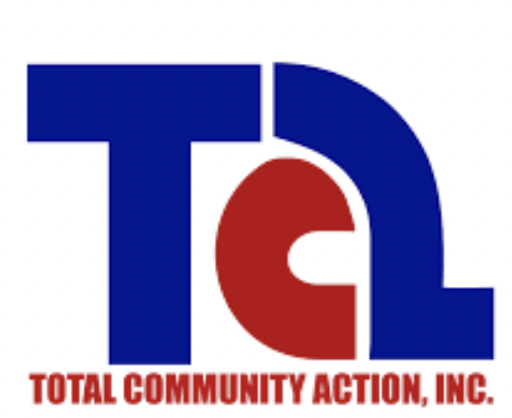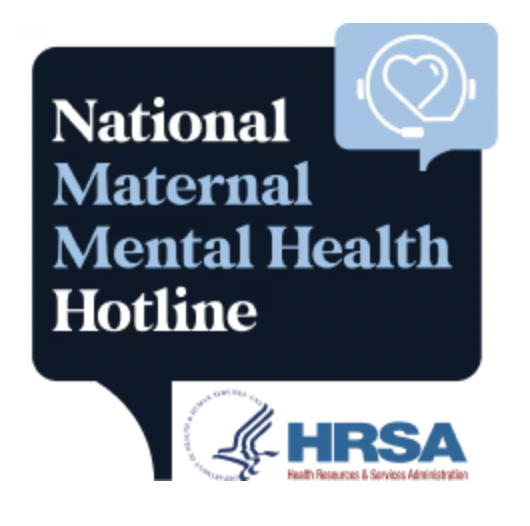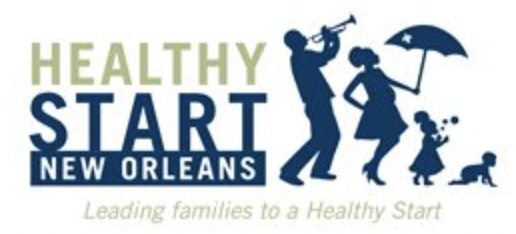DCHC's goal is to inform and engage the New Orleans business community about breastfeeding policies, areas of support, and possible barriers regarding mothers breastfeeding in the workplace.
The new federal act, which took effect April 28, 2023, focuses on Providing Urgent Maternal Protection for Nursing Mothers (PUMP Act), which requires most employers to provide both reasonable break time for employees to express milk for a nursing infant and private spaces to express milk.
Here's a quick overview of the PUMP Act:
- The PUMP Act protects the right to express breast milk in the workplace for most employees through a nursing child’s first year after birth.
- The act requires employers to provide “reasonable break time” and private space, other than a bathroom, to express breast milk.
- The PUMP Act requires most employers to allow covered employees to take reasonable break time “each time such employee needs to express milk.” The Wage and Hour Division explained in its fact sheet that employers may not deny a covered employee needed break time during the first year of a nursing child’s life. The frequency and duration of such breaks will vary depending on factors specific to each employee and the nursing child.
- Employers are generally not required to compensate nonexempt employees for reasonable break time unless otherwise required by state or municipal law. However, the Wage and Hour Division noted in the fact sheet that under the FLSA, an employee must either be “completely relieved from duty” or paid for the break time. Where employers provide paid rest breaks, employees may use such time to express breast milk, and the employees must be compensated the same as other employees for such break times.
- The PUMP Act contains an exemption for small employers with fewer than fifty employees if compliance “would impose an undue hardship by causing the employer significant difficulty or expense when considering the size, financial resources, nature, or structure of the employer’s business.”
- The PUMP Act also applies to remote employees. While the employer, of course, need not provide space in the employee’s home, those employees must be free from observation by any employer-provided or required video system, including a computer camera, security camera, or web conferencing platform when pumping.
- Employees must notify the employer of the failure and give the employer ten days to correct the issue before commencing an action.
It is recommended that employers may want to ensure managers and human resources professionals are trained on the PUMP Act requirements and the Pregnant Workers Fairness Act (PWFA). Employers may also consider periodic employee check-ins to ensure the breaks and pumping space work well.
Further, the PUMP Act sets the floor, not the ceiling, and states and municipalities may enact greater protections. Employers may additionally want to review state and municipal laws requiring employers to provide greater protections for employees to express milk, including requirements for lactation spaces to have specific amenities, such as a chair, electric outlets, and refrigeration.
For more information regarding the PUMP Act, please click here to learn about this vital legislation.
DCHC’s Catalyst Infant Equity Program has created a survey designed for the community and businesses to provide information and feedback on fostering a breastfeeding-friendly workplace environment. The survey will take 5-10 minutes to complete. Upon completing the survey, you can enter into a drawing for a $25.00 Amazon gift card.
Also, any questions regarding the PUMP Act can be directed to a DCHC Catalyst Infant Equity Program staff member at (504) 482-2080.











